Mahbubur Rahman
CoughTrigger: Earbuds IMU Based Cough Detection Activator Using An Energy-efficient Sensitivity-prioritized Time Series Classifier
Nov 07, 2021

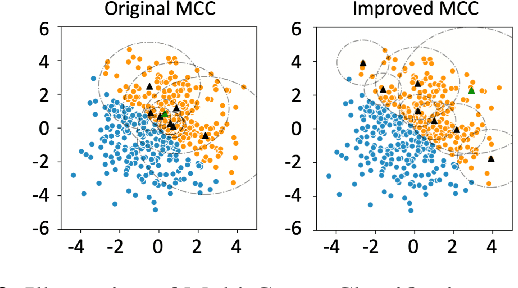
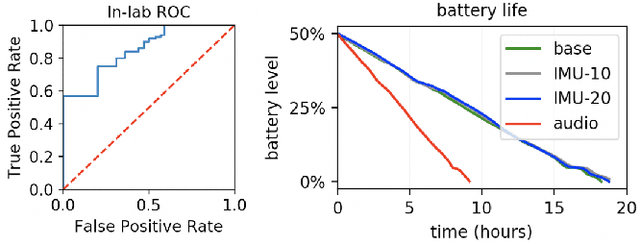
Abstract:Persistent coughs are a major symptom of respiratory-related diseases. Increasing research attention has been paid to detecting coughs using wearables, especially during the COVID-19 pandemic. Among all types of sensors utilized, microphone is most widely used to detect coughs. However, the intense power consumption needed to process audio signals hinders continuous audio-based cough detection on battery-limited commercial wearable products, such as earbuds. We present CoughTrigger, which utilizes a lower-power sensor, an inertial measurement unit (IMU), in earbuds as a cough detection activator to trigger a higher-power sensor for audio processing and classification. It is able to run all-the-time as a standby service with minimal battery consumption and trigger the audio-based cough detection when a candidate cough is detected from IMU. Besides, the use of IMU brings the benefit of improved specificity of cough detection. Experiments are conducted on 45 subjects and our IMU-based model achieved 0.77 AUC score under leave one subject out evaluation. We also validated its effectiveness on free-living data and through on-device implementation.
A Novel index-based multidimensional data organization model that enhances the predictability of the machine learning algorithms
Dec 03, 2020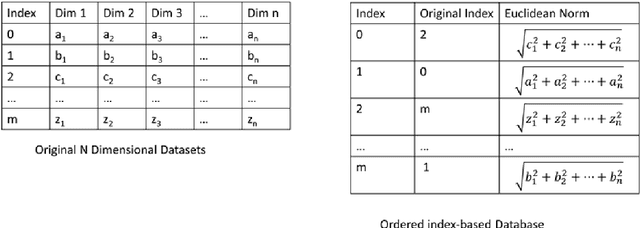
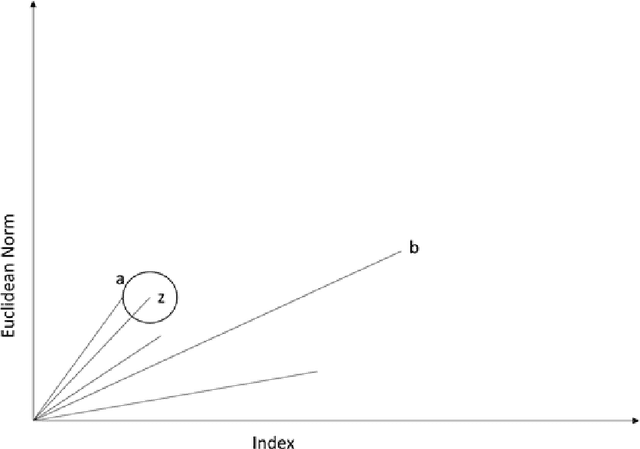
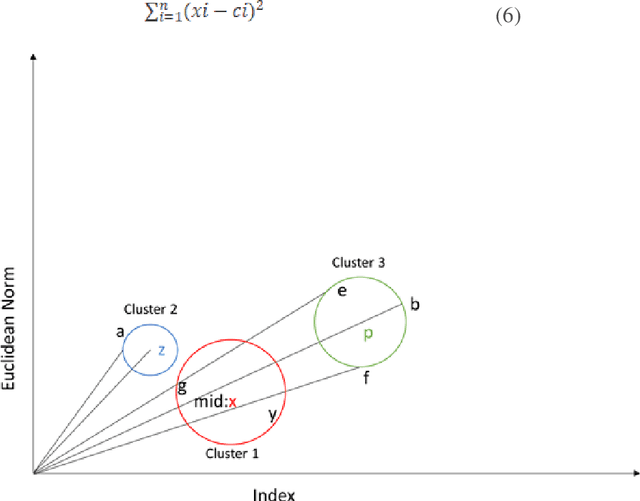

Abstract:Learning from the multidimensional data has been an interesting concept in the field of machine learning. However, such learning can be difficult, complex, expensive because of expensive data processing, manipulations as the number of dimension increases. As a result, we have introduced an ordered index-based data organization model as the ordered data set provides easy and efficient access than the unordered one and finally, such organization can improve the learning. The ordering maps the multidimensional dataset in the reduced space and ensures that the information associated with the learning can be retrieved back and forth efficiently. We have found that such multidimensional data storage can enhance the predictability for both the unsupervised and supervised machine learning algorithms.
 Add to Chrome
Add to Chrome Add to Firefox
Add to Firefox Add to Edge
Add to Edge